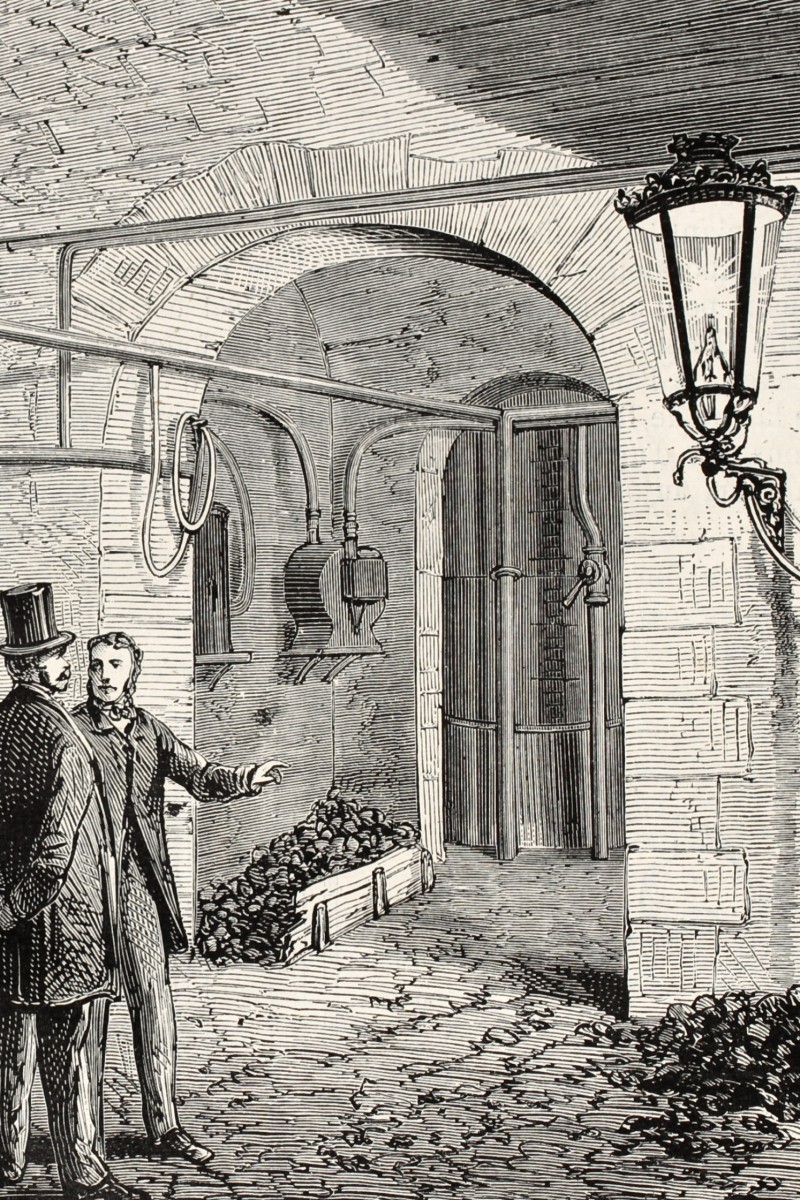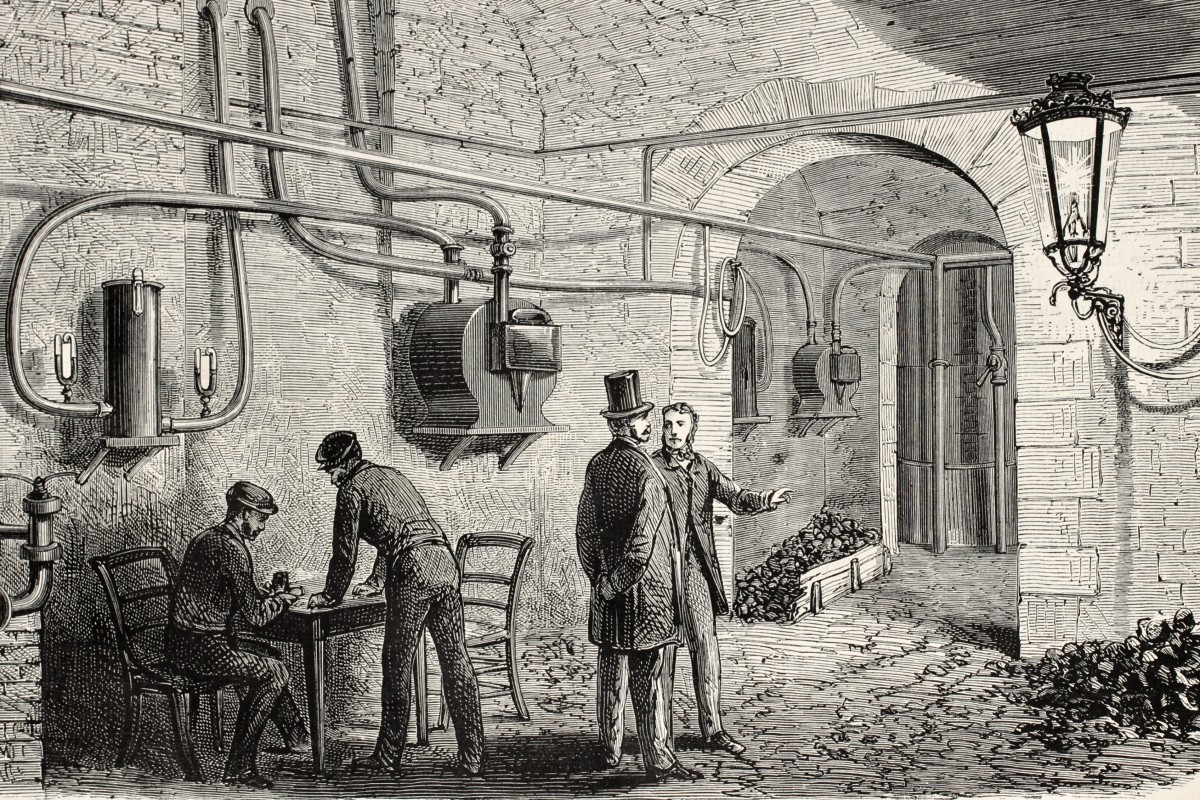
What is gaslighting? How to notice and address the behaviour in your peers
- The term has existed in psychology for years but recently become popular online and on social media to describe manipulative behaviour
- Here’s how to recognise when it’s happening to you and how to respond
 Before electricity became commonplace, people used gas lights (top right). Photo: Shutterstock
Before electricity became commonplace, people used gas lights (top right). Photo: Shutterstock“Gaslight, gatekeep, girlboss” is a popular meme you may have seen circulating online. Know Your Meme says the phrase comes from a 2021 Tumblr post making fun of “live, laugh, love.” The meme has expanded and can even be found on merchandise, including a viral tapestry featuring singers Taylor Swift, Lorde and Phoebe Bridgers.
The term gaslighting has been used in the world of psychology for years, but garnered traction on social media around 2018. The word is often misused, and some people might be confused about what it is and how to identify when it is happening. So, what exactly is gaslighting?
What is emotional exhaustion, and what effect can it have on your mental health?
What is gaslighting?
According to the Newport Institute, a mental health rehabilitation centre for young adults, gaslighting is a form of manipulation in which the manipulator attempts to make their victim believe that what’s happening to them isn’t actually happening and their reality is untrue.
The Newport Institute offers a few examples of what gaslighting is:
– Lying about or denying something and refusing to admit the lie even when shown proof
– Insisting that an event or behaviour a person witnessed never happened and that they are remembering it wrong
– Spreading rumours and gossip about someone, or telling them that other people are gossiping about them
– Changing the subject or refusing to listen when confronted about a lie or other gaslighting behaviour
– Telling someone they are overreacting when called out
Where did the term gaslighting come from?
According to the Newport Institute, the origin of the word gaslighting comes from the 1938 play Angel Street, which Alfred Hitchcock turned into the 1944 film Gaslight.
The story follows a man convincing his wife she is going crazy so he can steal from her. When he turns on the lights in the attic to look for his wife’s jewels, the gaslight downstairs starts to dim. He tells his wife it’s all in her imagination, “gaslighting” her into believing the lights were not dimming.
Signs of gaslighting
Signs of gaslighting include, but are not limited to:
1. Doubting your feelings of reality
2. Questioning your judgment and perception
3. Feeling vulnerable and insecure
4. Feeling alone and powerless
5. Wondering if you are what the other person says you are
6. Feeling disappointed in yourself and who you have become
7. Feeling confused
8. Worrying that you are too sensitive
9. A sense of impending doom
10. Spending a lot of time apologising
11. Feeling inadequate
12. Second-guessing yourself
13. Assuming others are disappointed in you
14. Wondering what’s wrong with you
15. Struggling to make decisions because you distrust yourself
Unmasking the truth behind impostor syndrome: why success can still leave you doubting your worth
How to address and respond to gaslighting
Responding to gaslighting can be difficult, but Healthline offers eight ways to properly respond:
1. Make sure it’s actually gaslighting
2. Take some space from the situation
3. Collect evidence
4. Speak up about the behaviour
5. Remain confident in your version of events
6. Focus on self-care
7. Involve others
8. Seek professional support